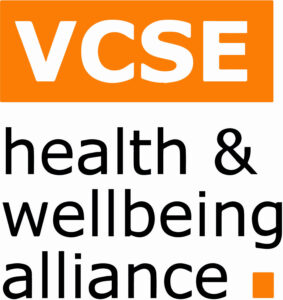Size.
The latest comprehensive data records that over a quarter (27%) of charities registered in Great Britain are faith-based, with the current tally likely higher than this.
- Bull, D. and Wharton, R. (2016). Understanding faith-based charities. London: New Philanthropic Capital.
64.5% of these charities are Christian; 4.8% are Muslim; 4.6% are Jewish, with other minority faiths making up 1% or less. The remaining 23.2% are faith based, without specifying a particular faith.
Diversity.
There is a huge diversity in the kinds of organisations that make up this number.“Faith-based organisation” can refer to:
"Faith-based organisation" can refer to:
- Worshipping communities.
- Faith-based or faith-inspired charities.
- Local or national charities.
- Inter-faith groups/networks.
- Community groups serving a population with a particular faith.
- Chaplaincy and spiritual care.
“Inter-faith” and “multi-faith” can be used in similar contexts.
Inter-faith generally refers building relationship across faith traditions through dialogue, mutual understanding, and shared action.
Multi-faith tends to be used more generically to refer to any initiative involving more than one faith.
Inter- or multi-faith groups are sometimes loci for faith-based social action in a place.
Sometimes an organisation’s faith basis may be very clear– other times it may not be obvious at all.
Social action.
The value of social action undertaken by these charities is equally large, estimated to be equivalent to £3 billion in terms of volunteer hours worked.
- Cinnamon Network (2016). Cinnamon Faith Action Audit. Hemel Hempstead: Cinnamon Network.
The National Churches Trust House of Good report, published in 2020, calculates the UK-wide yearly value of church-based mental health support alone to be £27 million, and the cost to the NHS of replicating this work to be £20 million.
- The National Churches Trust (2020). The House of Good: The economic and social value of church buildings to the UK; Key Findings and Technical Report. London: The National Churches Trust.
Wider determinants
A large amount of this activity compliments the health and care system whether by acting on wider determinants of health, or addressing health and wellbeing issues directly.
Faith groups have a number of assets for the promotion of health:
- Motivated volunteers.
- Buildings in accessible locations.
- An ethos of care and compassion, including to the most marginalised.
- Social capital through their networks.
- Longevity with and expertise in their communities.
- November, L. (2014). The Impact of Faith-Based Organisations on Public Health and Social Capital. London: FaithAction, p. 15.
